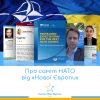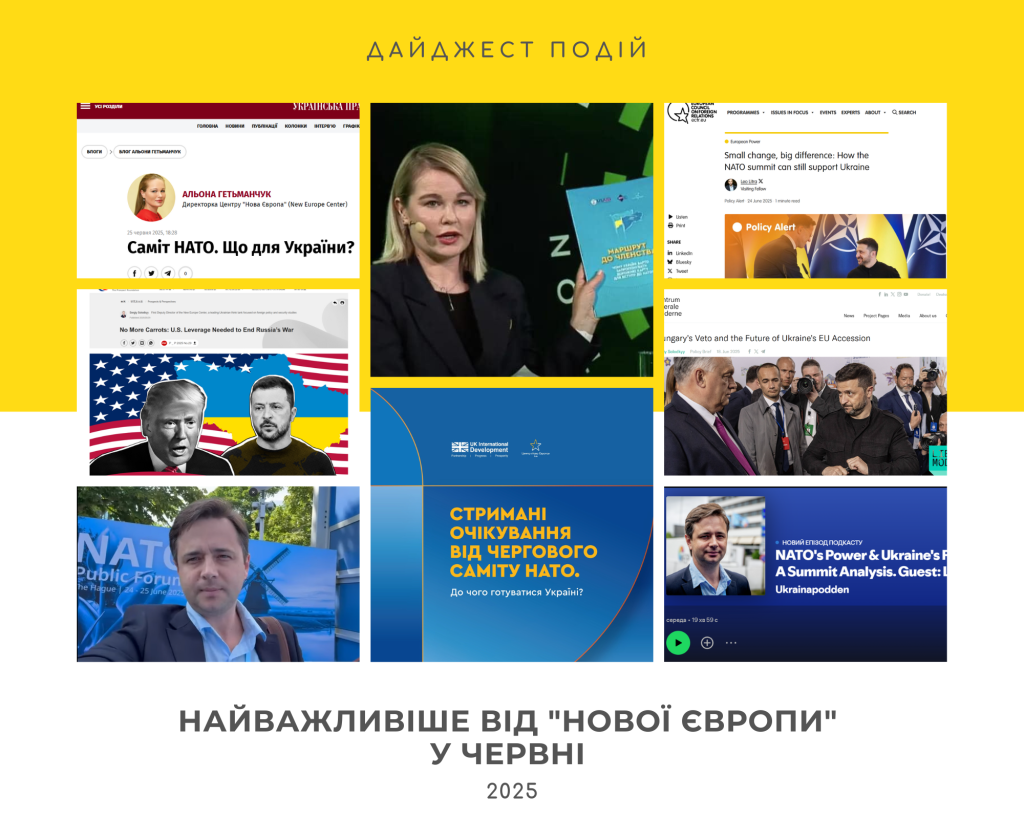Authors: Kateryna Zarembo, NEC Deputy Director, and Elizabete Vizgunova, researcher at the Latvian Institute of International Affairs
Introduction
Relations between Ukraine and Latvia make an interesting and a rare example of bilateral relations. To begin with, Ukraine’s relations with Latvia are more cloudless than Ukraine’s relations with its immediate neighbors. Despite the lack of physical borders, it is the ephemeral border of history that binds both of these countries together, as almost any Latvian official will tell you.
Two particularly significant periods are meant here: surprisingly, the brief cooperation between the governments of Latvia in the form of the Latvian National Council and Ukraine, as the Ukrainian People’s Republic, from 1917 to 1920; and the soviet era. Paradoxically, despite the generally negative burden of soviet heritage, the cordial relationship between the two today is widely acknowledged in public and official discourse as a result of this joint past.
Arguably—and in contrast with Ukraine’s many neighbors and partners—, Latvia’s approach to Ukraine is devoid of paternalism: while Latvia is happy to share lessons of state-building and Euro-Atlantic integration with Ukraine, it is equally willing to learn from Ukraine and, in certain respects, treats it as a mentor. However, Latvian policy-makers see their country’s foreign policy as more mature and predictable, which is also seen as a determining factor of success for Latvia’s own Euro-Atlantic identity-building.
Ukraine’s policies, on the other hand, both now and in the past, are not perceived as a guarantee for Europeanization and the further pursuit of reforms. The repeated shifting of priorities experienced during the presidencies of Leonid Kuchma (1994-2004) and Viktor Yanukovych (2010-2014) disrupted linearity in Ukraine’s “westernization” and periodically loosened the relationship between the two countries.
As a state fractured by ethnic divisions and the archaic status of non-citizen, Latvia also struggles with finding social consensus, thus offering lessons for some of Ukraine’s most contentious issues.
As with many other countries, Ukraine’s relations with Latvia gained additional impetus after the start of Russian aggression, and the number of high level visits and meetings increased after 2014. The presidents of Ukraine and Latvia have met on an annual basis since 2015, when the current Latvian president, Raimonds Vējonis, was elected. Most recently, Premier Volodymyr Groysman visited Riga on March 1, 2018, among other things, to seal the removal of Latvia from Ukraine’s list of offshore zones, a much anticipated decision, as the original move to include Latvia in the list was treated with considerable surprise in Riga.
Moreover, contacts have not been limited to the highest level: various national institutions have cooperated, starting with the Ministries of Foreign Affairs and the group of interparliamentary cooperation to the Ministry of Education, the National Anti-Corruption Bureau (NABU), and the Ministry of Defense. After a five-year interval, Verkhovna Rada Speaker, now Andriy Parubiy, visited Riga in December 2015, upholding parliamentary dialog at the highest level. Overall, with 2018 marking the centenary of Ukraine-Latvia diplomatic relations, both countries have an opportunity to reassess their relations in order to acknowledge the lessons of the past and explore new avenues of partnership.
Ukraine’s interests in Latvia include:
- supporting Ukraine’s European and Euro-Atlantic integration aspirations;
- maintaining sanctions towards Russia and supporting Ukraine against Russia’s aggression;
- attracting Latvian investment and joint business projects;
- learning from Latvia’s experience in various areas: combating corruption, developing agriculture, decentralizing, integrating Russian speakers, working with the diaspora, and so on.
Latvia’s interests in Ukraine includes:
- encouraging Ukraine’s European and Euro-Atlantic integration and implementing the DCFTA with the EU;
seeing an improved business climate in Ukraine; - paying due respect to Latvian statehood through, among others, commemorating its shared history with Ukraine.
The present paper looks at the points where Ukrainian and Latvian interests converge and offers recommendations on how to capitalize on them for the mutual benefit of both countries.
To download the report click here.
The report was produced with the financial support of the Ministry of Foreign Affairs of the Republic of Latvia. The views and opinions expressed in this paper are those of the authors and do not necessarily reflect the position of the Ministry of Foreign Affairs of the Republic of Latvia.







